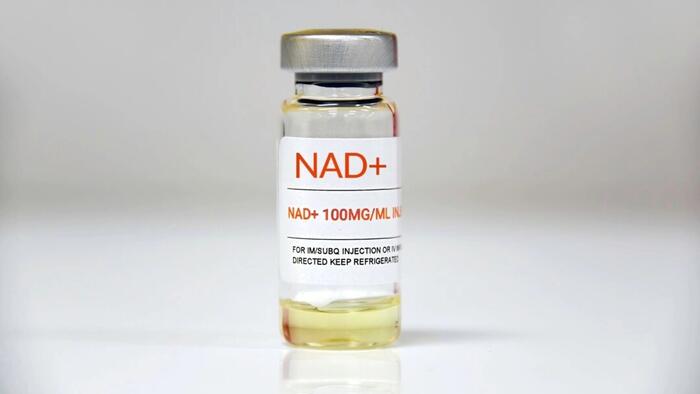Nicotinamide adenine dinucleotide (NAD+) is garnering attention for its potential role in enhancing cellular energy production and maintaining cellular health. This coenzyme is integral to numerous metabolic processes, particularly in converting nutrients into adenosine triphosphate (ATP), the primary energy currency of cells. NAD+ is critical; without it, ATP generation halts, leading to cellular dysfunction. Notably, NAD+ levels decline as one ages, dropping to about half of youthful levels by middle age. This decline is attributed to increased DNA damage and reduced mitochondrial efficiency, both of which require more NAD+ for repair and function. Understanding NAD+’s protective and restorative functions presents exciting avenues for research into longevity and age-related health decline.
To counteract the natural reduction of NAD+ levels, various supplementation methods are being explored. While direct oral supplementation of NAD+ offers limited bioavailability, alternative delivery methods like intravenous infusions, injections, and transdermal patches are gaining traction. These methods allow for more immediate increases in NAD+ levels but often require medical oversight to manage potential side effects, such as nausea or fatigue. Thus, prospective users should approach NAD+ supplementation cautiously, ideally in consultation with healthcare professionals who can monitor treatment and adjust doses appropriately.
In addition to direct supplementation, NAD+ precursors, such as nicotinamide mononucleotide (NMN) and nicotinamide riboside (NR), present more effective options for elevating NAD+ levels. These substances can be converted into NAD+ more easily due to their chemical structures. Recent studies indicate that NMN supplementation increases NAD+ concentrations and is well tolerated, while NR also safely enhances NAD+ levels at a cellular level. These precursors provide a promising, more accessible route for individuals seeking to boost NAD+ levels for health benefits, especially given their favorable bioavailability.
The role of NAD+ in longevity appears to hinge on several key functions. First, NAD+ is essential for ATP production, acting as a coenzyme within the cellular machinery. Secondly, it supports mitochondrial health, which is vital for energy generation and mitochondrial reproduction. Third, NAD+ facilitates the repair of damaged DNA through its interaction with sirtuins, proteins that influence metabolism and inflammation, impacting the aging process positively. Lastly, NAD+ aids in reducing inflammation, a phenomenon referred to as “inflammaging,” prevalent as people grow older. Current research substantiates these functions largely through cell cultures and model organisms, prompting calls for human studies to understand the implications of NAD+ on longevity more effectively.
Despite the promise of NAD+ as a tool for healthy aging, it’s crucial to recognize that elevated NAD+ levels may have adverse effects. Some research suggests that high levels of NAD+ are linked to cancer development, with complex roles that may act as protective early on but could become a liability in advanced stages of cancer. This duality underscores the need for further research to elucidate how NAD+ contributes to both health and disease processes. Additionally, investigations into NR and its effects on tumor growth show potential for preventing the progression of certain cancers, indicating a nuanced role for NAD+ in cellular health and disease.
In summary, while NAD+ and its precursors, NMN and NR, show promise for enhancing cellular function and possibly extending healthspan, they should not be viewed as standalone solutions. Instead, they should complement a broader strategy aimed at healthy aging, factoring in lifestyle, diet, and overall wellness. Continued research is essential to clarify the complexities of NAD+ metabolism, its effects on aging and disease, and establishing safe and effective protocols for supplementation. The journey into understanding NAD+ is still ongoing, and a holistic approach incorporating scientific insights will be pivotal in unlocking its potential benefits for long-term health.

